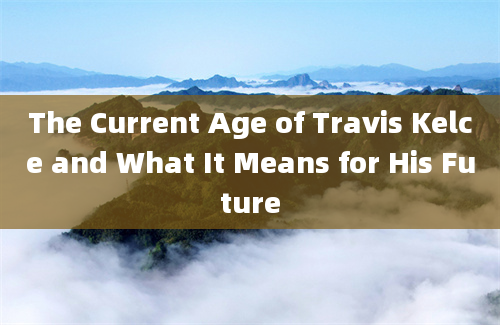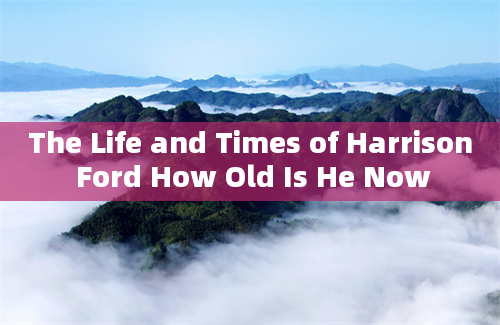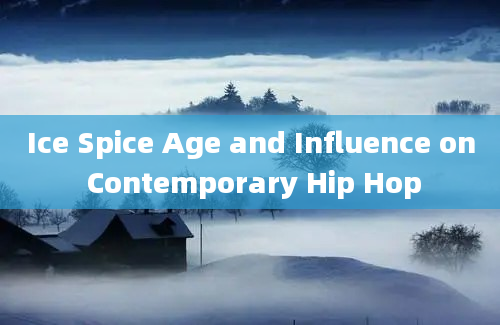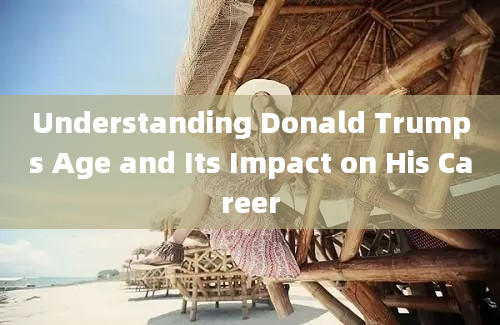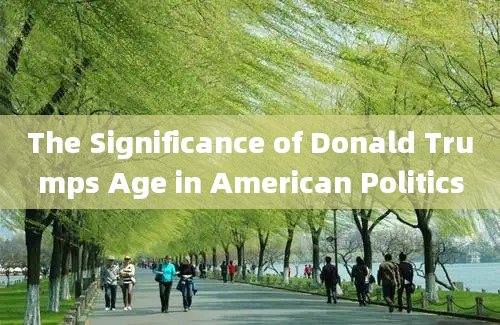The Significance of Joe Biden's Age in American Politics
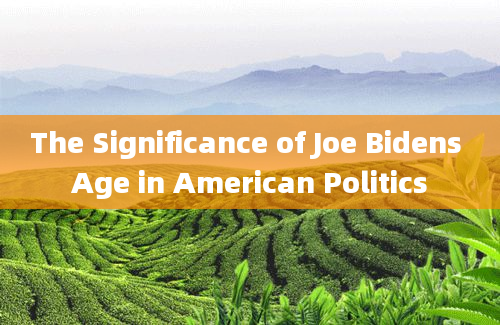
Introduction
The age of political leaders has always been a topic of interest and debate, but it has taken on particular significance in recent years, especially with the election of Joe Biden as the 46th President of the United States. At 78 years old when he took office, Biden is the oldest person to ever serve as U.S. President. This has sparked discussions about the implications of his age on his ability to govern, the future of American politics, and the broader societal attitudes towards aging.
Historical Context
Historically, the presidency has been dominated by younger men. The average age of U.S. presidents at the time of their inauguration is around 55 years old. John F. Kennedy, at 43, was the youngest elected president, while Ronald Reagan, at 69, was the oldest until Biden's election. The longevity and health of older presidents have been subjects of scrutiny, with Reagan's memory lapses during his second term being a notable example.
Impact on Policy and DecisionMaking
Age can have both positive and negative impacts on a leader's ability to govern. Older leaders often bring a wealth of experience and wisdom, as highlighted by a study from the Harvard Business Review, which found that older CEOs tend to make more conservative, yet effective, decisions ([Harvard Business Review](https://hbr.org/2017/03/whatmakesaCEOeffective)). However, concerns about cognitive decline and health issues are also valid. Biden's age has led to questions about his stamina and mental acuity, although his medical reports, released during his campaign, indicated that he is in good health for his age ([CNN Health](https://www.cnn.com/2020/12/04/politics/joebidenphysicalexam/index.html)).
Public Perception and Media Coverage
Public perception of Biden's age varies widely. A Pew Research Center poll found that while many Americans are concerned about his age, a significant portion also values the experience he brings to the role ([Pew Research Center](https://www.pewresearch.org/politics/2020/09/09/olderamericansmorelikelytohaveconcernsaboutbidensage/)). Media coverage has played a significant role in shaping these perceptions, with some outlets focusing on his gaffes and others emphasizing his decades of political experience.
Broader Implications for American Politics
Biden's age also raises broader questions about the aging population in the U.S. and the role of older individuals in public life. According to the U.S. Census Bureau, the median age in the U.S. is increasing, and by 2030, all baby boomers will be older than 65 ([U.S. Census Bureau](https://www.census.gov/newsroom/pressreleases/2021/agingus.html)). This demographic shift could influence political priorities and policies related to healthcare, retirement, and social services.
Conclusion
Joe Biden's age is a multifaceted issue with significant implications for American politics. While it brings valuable experience and perspective, it also raises valid concerns about health and cognitive function. As the U.S. population ages, the conversation about the role of older leaders in politics is likely to continue, shaping the future of governance and public policy.
Frequently Asked Questions (FAQs)
Q1: How old was Joe Biden when he became President?
A1: Joe Biden was 78 years old when he was inaugurated as the 46th President of the United States, making him the oldest person to assume the presidency.
Q2: Who was the youngest U.S. President?
A2: John F. Kennedy was the youngest U.S. President, inaugurated at the age of 43.
Q3: What is the average age of U.S. Presidents at their inauguration?
A3: The average age of U.S. Presidents at the time of their inauguration is around 55 years old.
Q4: Has age always been a significant factor in U.S. presidential elections?
A4: While age has always been a consideration, it has become more prominent in recent years, particularly with the election of older candidates like Joe Biden and Donald Trump.
Q5: How does age impact a leader's decisionmaking abilities?
A5: Age can bring wisdom and experience, leading to more conservative and effective decisions, as suggested by studies like the one from the Harvard Business Review. However, it can also raise concerns about cognitive decline and health issues.
Q6: What do medical reports say about Joe Biden's health?
A6: Medical reports released during Biden's campaign indicated that he is in good health for his age, although concerns about his stamina and mental acuity persist.
Q7: How does the public perceive Joe Biden's age?
A7: Public perception is mixed. A Pew Research Center poll found that while many Americans are concerned about his age, a significant portion values the experience he brings.
Q8: How has the media covered Joe Biden's age?
A8: Media coverage has varied, with some outlets focusing on his gaffes and others emphasizing his extensive political experience.
Q9: What broader implications does Biden's age have for American politics?
A9: Biden's age raises questions about the role of older individuals in public life and could influence political priorities and policies related to healthcare, retirement, and social services, especially as the U.S. population ages.
Q10: What demographic trends in the U.S. are relevant to the discussion about Biden's age?
A10: The U.S. Census Bureau reports that the median age in the U.S. is increasing, and by 2030, all baby boomers will be older than 65, making the conversation about older leaders in politics increasingly relevant.


